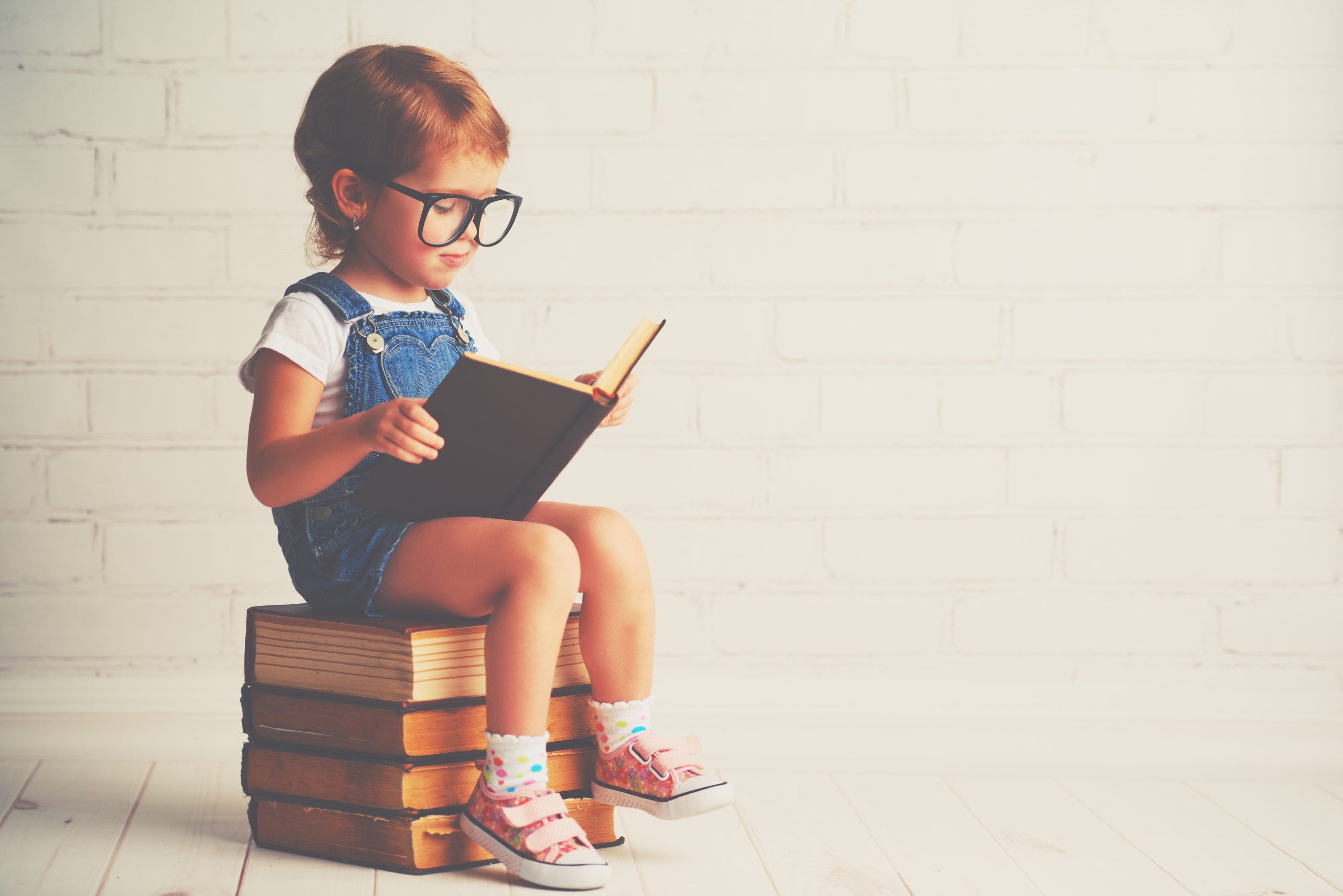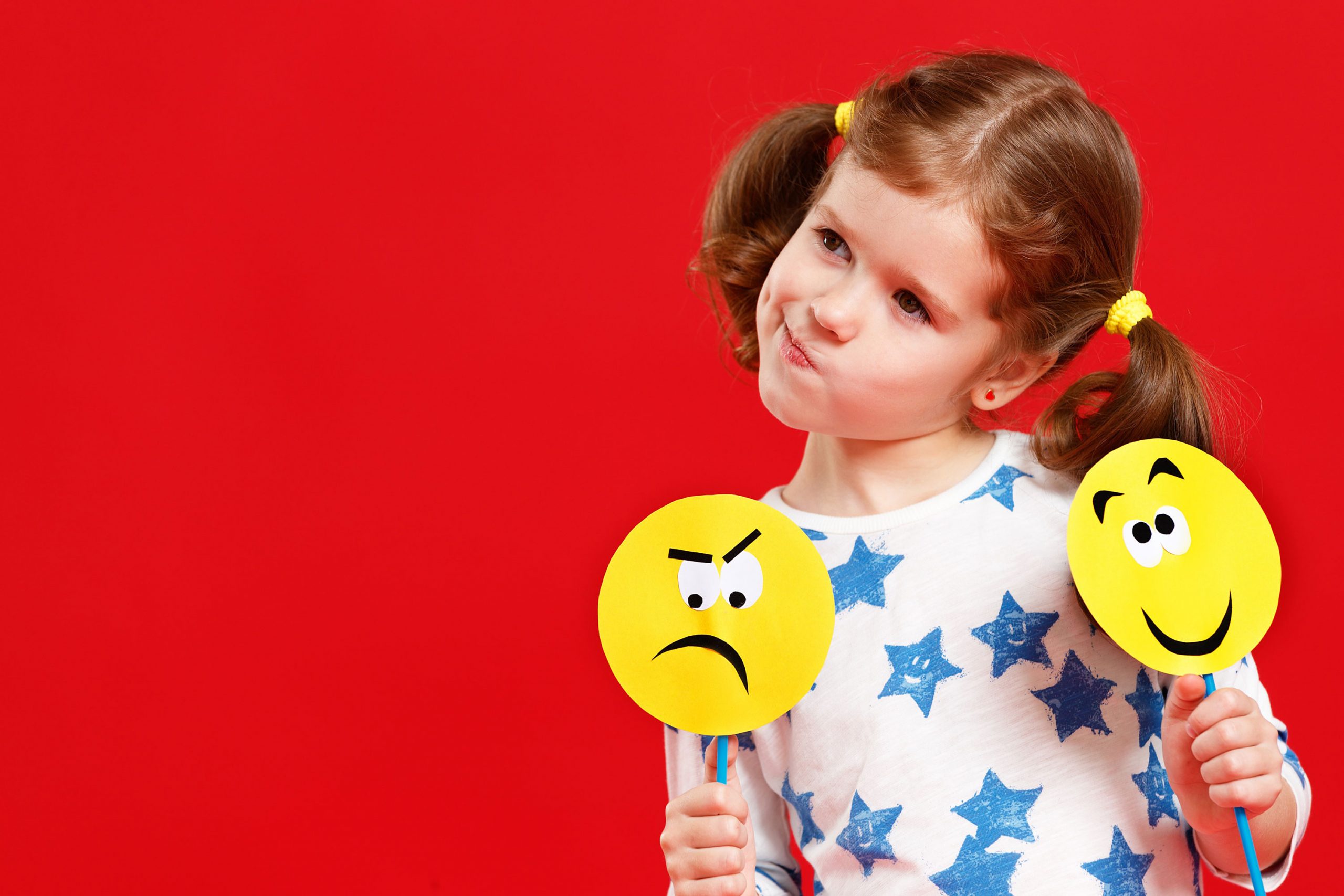“When dealing with people, remember you are not dealing with creatures of logic, but with creatures of emotion.”
― Dale Carnegie
How We Define Emotional Intelligence
/əˈmōSH(ə)n(ə)l inˈteləjəns/
Noun
the capacity to be aware of, control, and express one’s emotions, and to handle interpersonal relationships judiciously and empathetically.
Emotional intelligence is defined as one’s capacity to be aware of, control, and express emotions as well as recognize and empathize with the emotions of others. The 5 characteristics of emotional intelligence as defined by Daniel Goleman are:
- Self-awareness.
- Self-regulation.
- Motivation.
- Empathy.
- Social Skills.
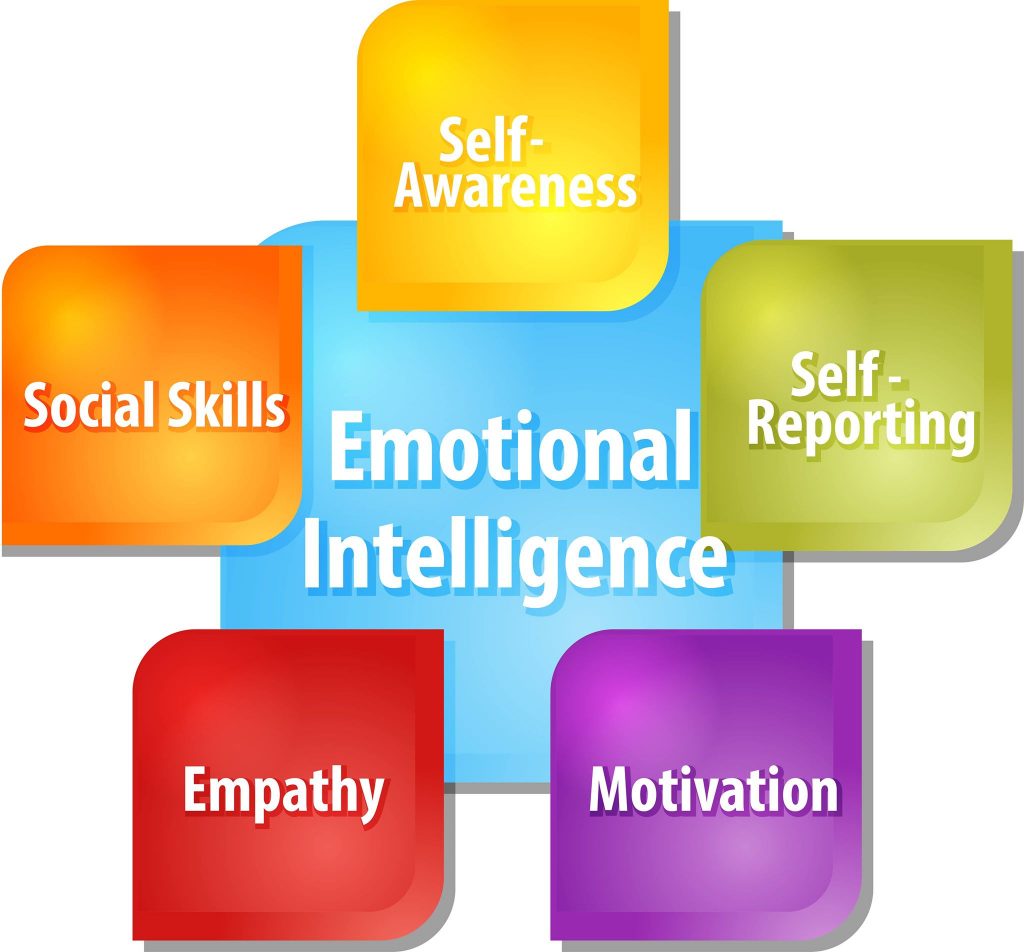
Why We Value Emotional Intelligence in Education
EQ is just as important as IQ. Actually we believe it is MORE important.
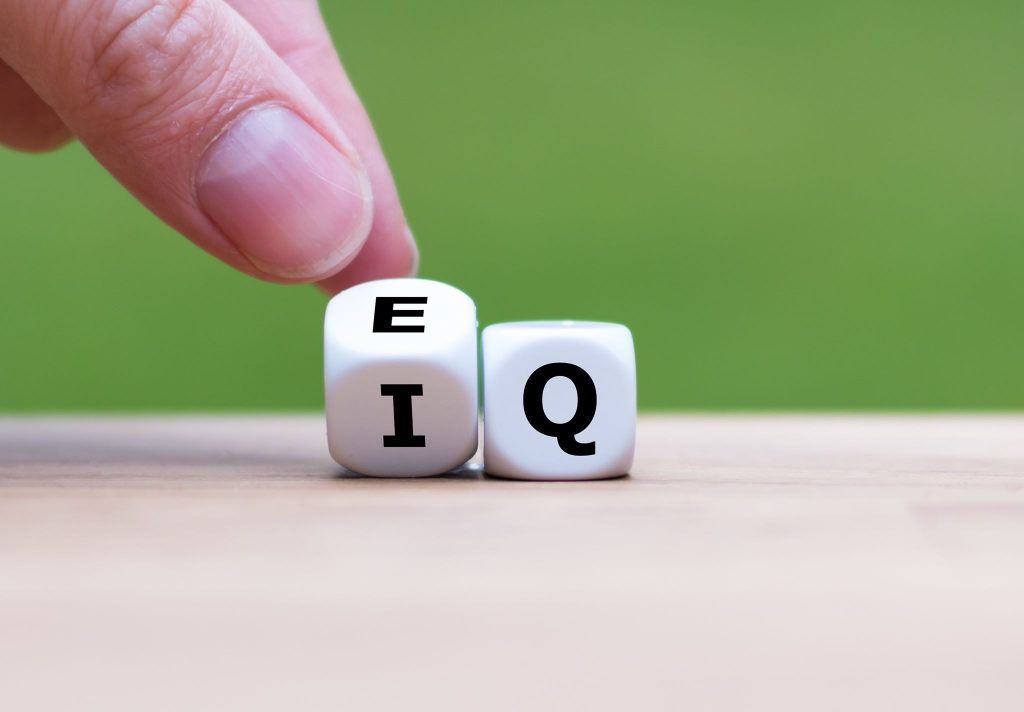
We must ask ourselves: Are we thinking beings who feel or feeling beings who think?
If we want a balanced education which educates the whole person, we must educate the feeling sense as well as the thinking mind. EQ is more of a predictor of future success in one’s career, relationships, health, and overall quality of life than IQ, yet our formal education systems spend so much time and energy educating the mind and in doing so, neglect the heart.
We believe in educating the whole person, heart first. Emotional intelligence is our first priority. We believe that self-awareness, self-regulation, motivation, empathy, and social skills are learned and must be valued, emphasized, taught, and practiced with intention throughout education from pre-k to university and ultimately throughout the entire lifespan of a human being .
“Study skills really aren’t the point. Learning is about one’s relationship with oneself and one’s ability to exert the effort, self-control, and critical self-assessment necessary to achieve the best possible results–and about overcoming risk aversion, failure, distractions, and sheer laziness in pursuit of REAL achievement. This is self-regulated learning.”
― Linda B. Nilson
How We Define Self Regulation
/ˌselfˌreɡyəˈlāSH(ə)n/
Noun
1: : control or supervision from within instead of by an external authority
2: the bringing of oneself or itself into a state of order, method, or uniformity
Self regulation is the ability to manage one’s thought processes, emotional state, attention span, and behavior. It required a great degree of self-awareness, emotional intelligence, personal responsibility, and stress resilience.
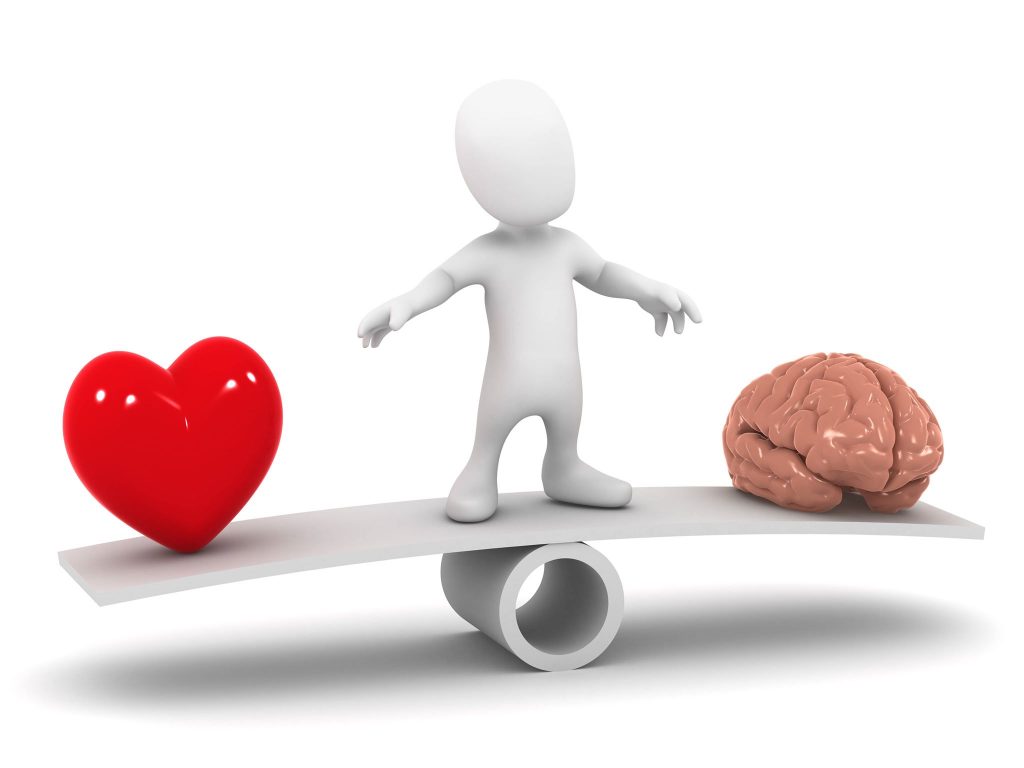
Why We Values Self-Regulation in Education
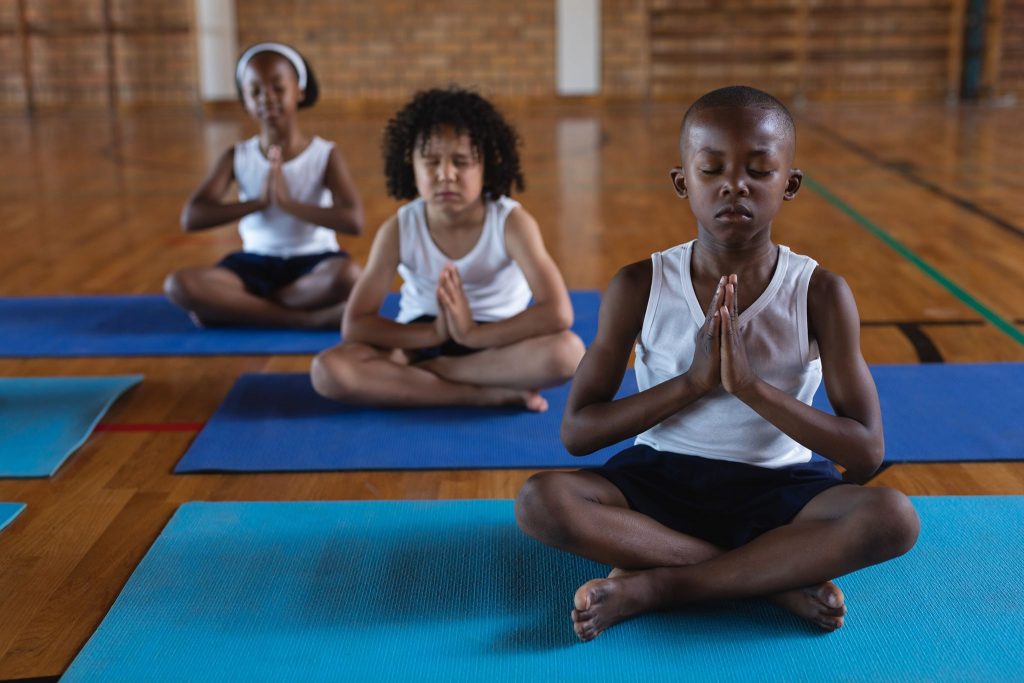
We believe that self-regulation is one of the most important skills a child can develop. While sometimes children will naturally develop a healthy sense of self-regulation by being raised by responsible and emotionally mature adults, this isn’t always the case.
Many children simply do not have the resources or support needed to develop these skills on their own. We believe that each child should be taught self-regulation skills in school, whether their schooling be through a public, private, or home school.
We recognize that self-regulation involves the whole person: physically, mentally, emotionally, socially, and spiritually. Thus, we need education that supports the whole person and not just the intellect.

